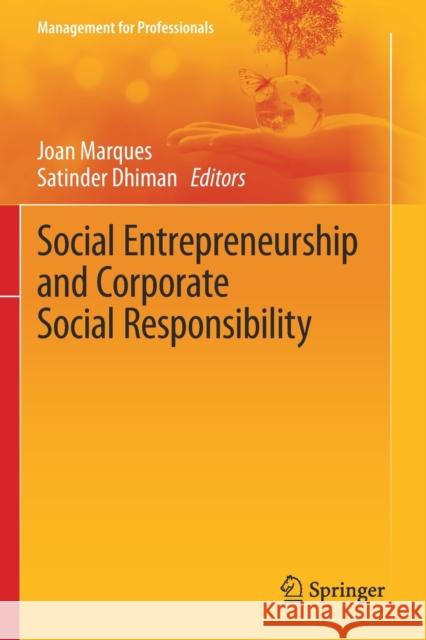Social Entrepreneurship and Corporate Social Responsibility » książka
topmenu
Social Entrepreneurship and Corporate Social Responsibility
ISBN-13: 9783030396787 / Angielski / Miękka / 2021 / 482 str.
Social Entrepreneurship and Corporate Social Responsibility
ISBN-13: 9783030396787 / Angielski / Miękka / 2021 / 482 str.
cena 200,77
(netto: 191,21 VAT: 5%)
Najniższa cena z 30 dni: 192,74
(netto: 191,21 VAT: 5%)
Najniższa cena z 30 dni: 192,74
Termin realizacji zamówienia:
ok. 22 dni roboczych.
ok. 22 dni roboczych.
Darmowa dostawa!
Kategorie:
Kategorie BISAC:
Wydawca:
Springer
Seria wydawnicza:
Język:
Angielski
ISBN-13:
9783030396787
Rok wydania:
2021
Wydanie:
2020
Numer serii:
000424298
Ilość stron:
482
Waga:
0.70 kg
Wymiary:
23.39 x 15.6 x 2.59
Oprawa:
Miękka
Wolumenów:
01
Dodatkowe informacje:
Wydanie ilustrowane











